
Why Electrolytes Are Essential for Active Women: A Guide to Natural Replenishment
When it comes to staying hydrated, electrolytes are the unsung heroes that keep your body balanced and energized, especially for active women. Whether...
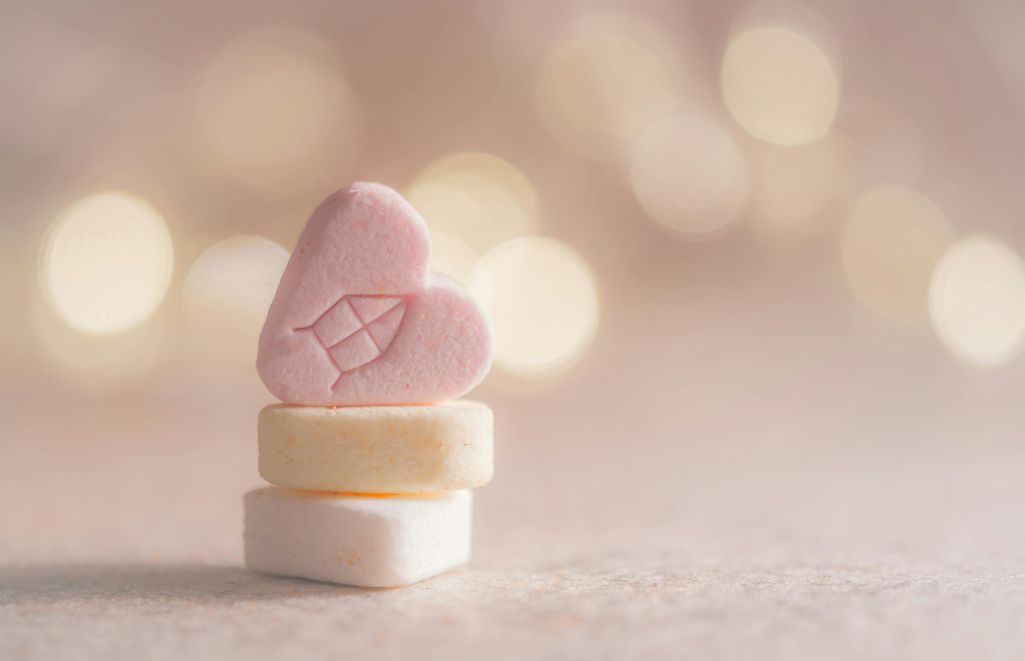
Imagine a world where your sexual health is not just a footnote in your wellness journey but a vibrant, glowing chapter. Yes, we’re talking about an area of health that’s as critical to your well-being as your morning smoothie or your yoga routine. This guide dives deep into the world of supplements aimed at enhancing women’s sexual health, but here’s the twist: we’re looking at the whole picture.
Beyond the capsules and powders, we explore how a blend of lifestyle, diet, and mental harmony can set the stage for a fulfilling sexual health narrative. So, buckle up as we embark on this enlightening journey together!
Sexual health for women? It’s a rich tapestry woven from physical wellness, emotional balance, and the quality of our relationships. However, navigating this landscape comes with its share of hurdles: dips in libido, the challenge of vaginal dryness, or the rollercoaster of hormonal shifts, to name a few. It’s a path best walked with guidance, underscoring the importance of a chat with healthcare experts to tailor advice just for you.
Supplements can be the allies in your quest for sexual wellness, offering support to the foundation laid by a healthy lifestyle. Yet, it’s a realm where evidence-based champions share the shelf with less proven contenders. Understanding the distinction is key, as is knowing the importance of supplement quality, safety, and how they play with other medications you might be taking.
Let’s unravel the mystery of which supplements have clinched the science seal of approval.
What the Science Says: Phytoestrogens, particularly isoflavones found in soy products, and lignans present in flaxseeds, have been studied for their effects on menopausal symptoms, which indirectly influence sexual health. A meta-analysis published in the The American Journal of Clinical Nutrition found that isoflavones could significantly reduce hot flashes in menopausal women.
Dosage & Safety: Recommended dosages for isoflavones range from 40 to 80 mg per day. While generally safe, high doses may interact with hormone-sensitive conditions, so consultation with a healthcare provider is advised.
What the Science Says: Omega-3 fatty acids, known for their anti-inflammatory properties, have been linked to improved mood and heart health. A study in The Oxidative Medicine and Cellular Longevity journal noted that higher intake of omega-3s correlated with reduced risk of depressive symptoms among women, potentially affecting libido and overall sexual health positively.
Dosage & Safety: For general health, 250-500 mg of EPA and DHA combined is often recommended daily. Omega-3 supplements are considered safe but consult a doctor if you’re on blood-thinning medication.
What the Science Says: Vaginal health is crucial for comfort and desire, and Probiotics play a role in maintaining the balance of vaginal flora. A review in the World Journal of Urology discussed how probiotics could be beneficial for women’s urinary and vaginal health, impacting sexual comfort and desire.
Dosage & Safety: Probiotic supplements vary widely, but a general guideline is to look for products containing 1-10 billion CFUs (colony-forming units) per dose. They are safe for most people, but it’s best to discuss with a healthcare provider, especially if immune-compromised.
What the Science Says: Maca root, a traditional Peruvian supplement, has been studied for its impact on sexual desire and may reduce sexual dysfunction in postmenopausal women, according to a study published in Menopause.
Dosage & Safety: The effective dosage for libido enhancement appears to be around 1,500-3,000 mg of maca root powder daily. Maca is generally considered safe but consult your doctor if you have thyroid issues.
What the Science Says: Ginkgo biloba has been researched for its potential effects on sexual dysfunction, particularly in people using antidepressants. A study in the Journal of Sex & Marital Therapy found that ginkgo could be effective for antidepressant-induced sexual dysfunction.
Dosage & Safety: A common dosage is 120-240 mg per day, split into two or three doses. Ginkgo is mostly safe but can interact with blood thinners and other medications.
What the Science Says: L-arginine works by increasing nitric oxide levels in the body, which can enhance blood flow. This mechanism might help with arousal and sexual response in women. Research in the Journal of Sex & Marital Therapy has explored its benefits, though findings are mixed.
Dosage & Safety: Dosages up to 5 grams per day have been used in studies without significant side effects. However, L-arginine may interact with certain medications, such as blood pressure drugs.
What the Science Says: Zinc plays a pivotal role in hormone regulation, including sex hormones. Its deficiency has been linked to low libido and other sexual health issues. A study in the Nutrients Journal highlighted the importance of zinc in modulating serum testosterone levels in men, and while direct studies on women are fewer, hormonal balance is crucial for sexual health in women as well.
Dosage & Safety: The recommended daily allowance (RDA) for zinc is 8 mg for women. High doses can cause adverse effects, so sticking to recommended levels is important.
The supplement scene is buzzing with newcomers like DHEA and Tribulus terrestris. While intriguing, their scientific backing is still in the wings, awaiting more robust research to shine a light on their true potential.
Let’s paint a broader stroke: nourishing meals, the energy buzz from exercise, the rejuvenation of sleep, and the serenity of mental health care all play starring roles. And let’s not forget the power of conversation—be it with your partner or healthcare provider—to navigate the complex emotions and psychological aspects tied to sexual health.
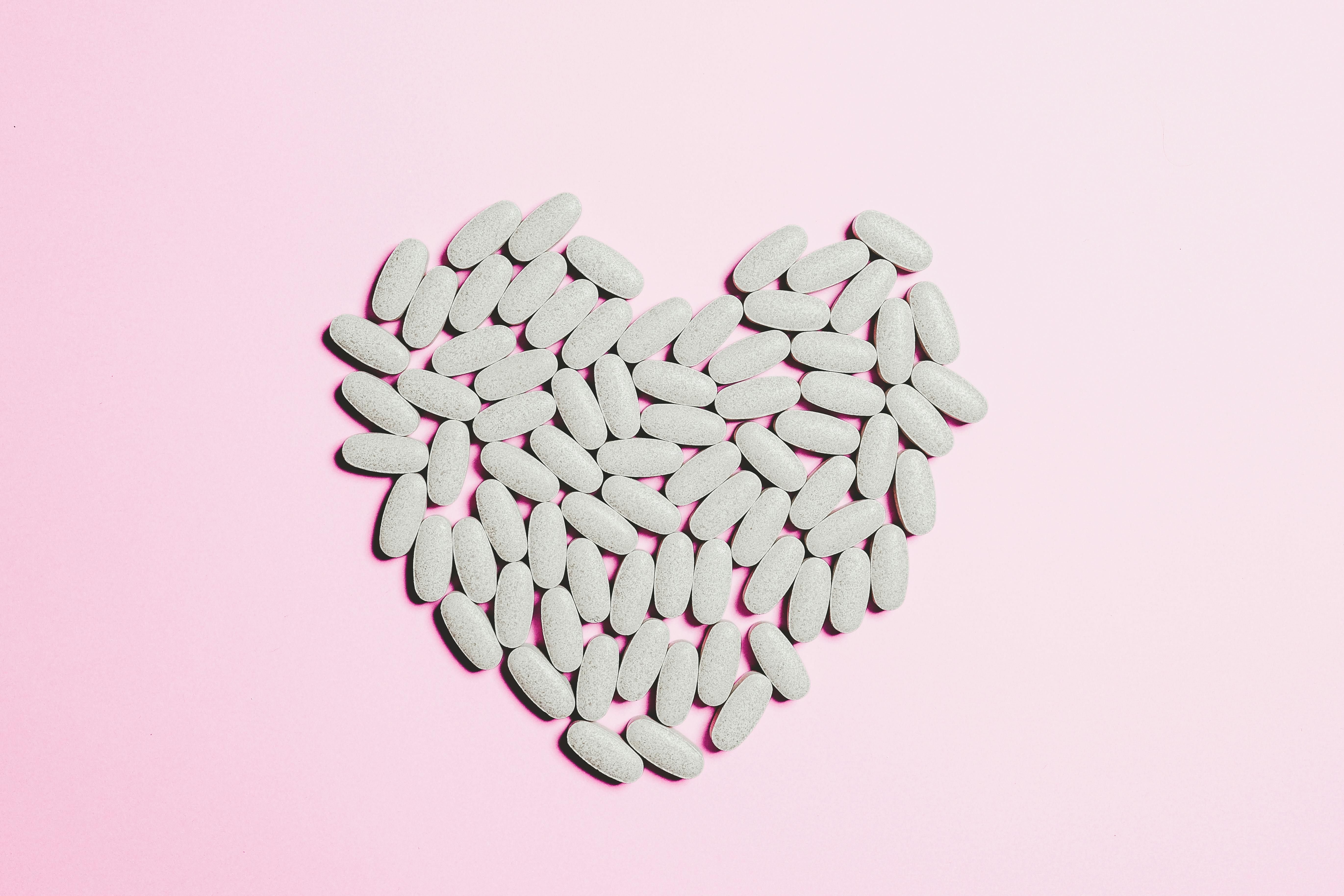
In the maze of supplement choices, look for beacons like third-party testing and reputable brands. Beware the siren song of quick fixes and the pitfalls of over-supplementation. And, as always, your healthcare provider is your compass in making informed decisions about new supplements.
As we draw the curtains on this guide, remember: supplements for women’s sexual health hold promise but are just one piece of the puzzle. Your well-being, in its beautiful complexity, deserves a cautious, informed approach. Let’s prioritize our health holistically, embracing supplements as companions on this journey, not miracle cures. Here’s to igniting that inner spark, with wisdom and wellness as our guides!
A: Absolutely! Certain supplements are backed by science to enhance aspects like libido, vaginal health, and hormonal balance. Think of them as the sprinkles on your lifestyle ice cream – not the main dish, but a delightful addition.
A: While supplements can bring benefits, they might also have side effects, especially if not used as directed or if they conflict with other medications. Always best to check in with your healthcare provider first.
A: It’s a mixed bag since everyone’s body dances to its own beat. Some might see improvements in a few weeks, while others may need to be patient for a few months. Consistency and patience are key.
A: It’s crucial to sync with your healthcare provider before adding supplements to the mix, ensuring they harmonize with your current meds.
A: Pregnancy calls for extra caution, and not all supplements fit the bill. A thumbs up from your healthcare provider is essential to keep both you and your baby safe.
A: Aim for supplements that have been third-party tested for purity and potency and come from reputable brands. Choosing ones designed with women’s health in mind is also a smart move.
A: Not necessarily. Your supplement needs might change based on your health goals, diet, and lifestyle. Some might be for the short term, others for longer.
A: Yes, a healthy lifestyle can significantly impact your sexual health, potentially reducing the need for supplements. It’s about finding the right balance for you.
A: Your healthcare provider is a great starting point for advice tailored to you. For broader research, reputable health websites and academic journals are invaluable.
A: Definitely. It’s essential to ensure any supplements you’re considering are a good fit for your individual health needs and won’t interfere with any conditions or medications you’re dealing with.

When it comes to staying hydrated, electrolytes are the unsung heroes that keep your body balanced and energized, especially for active women. Whether...
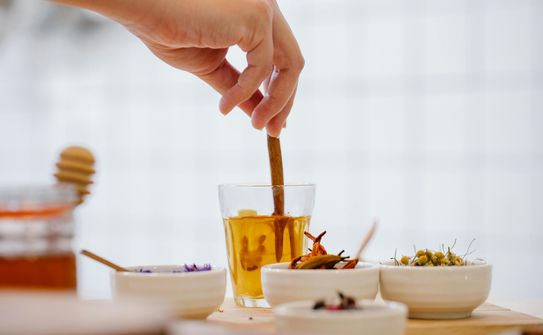
Throughout history, cultures across the globe have embraced the healing power of beverages made from herbs, spices, and natural ingredients to promote...
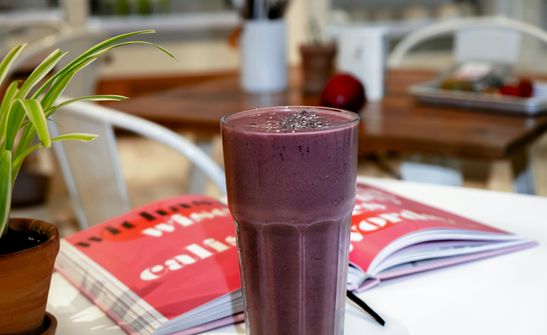
Smoothies are a great way to fuel your body with essential nutrients, but adding adaptogenic herbs can take your wellness routine to the next level. A...
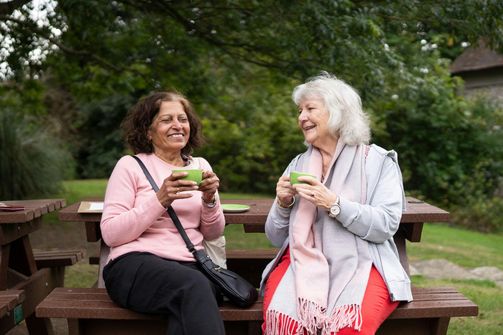
Herbal teas have been cherished for centuries as natural remedies for promoting overall health and well-being. For women, in particular, herbal teas c...
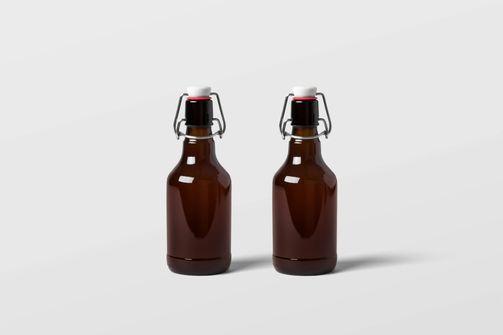
Fermented beverages like kombucha, kefir, and other probiotic-rich drinks are gaining popularity due to their powerful effects on gut health. These dr...